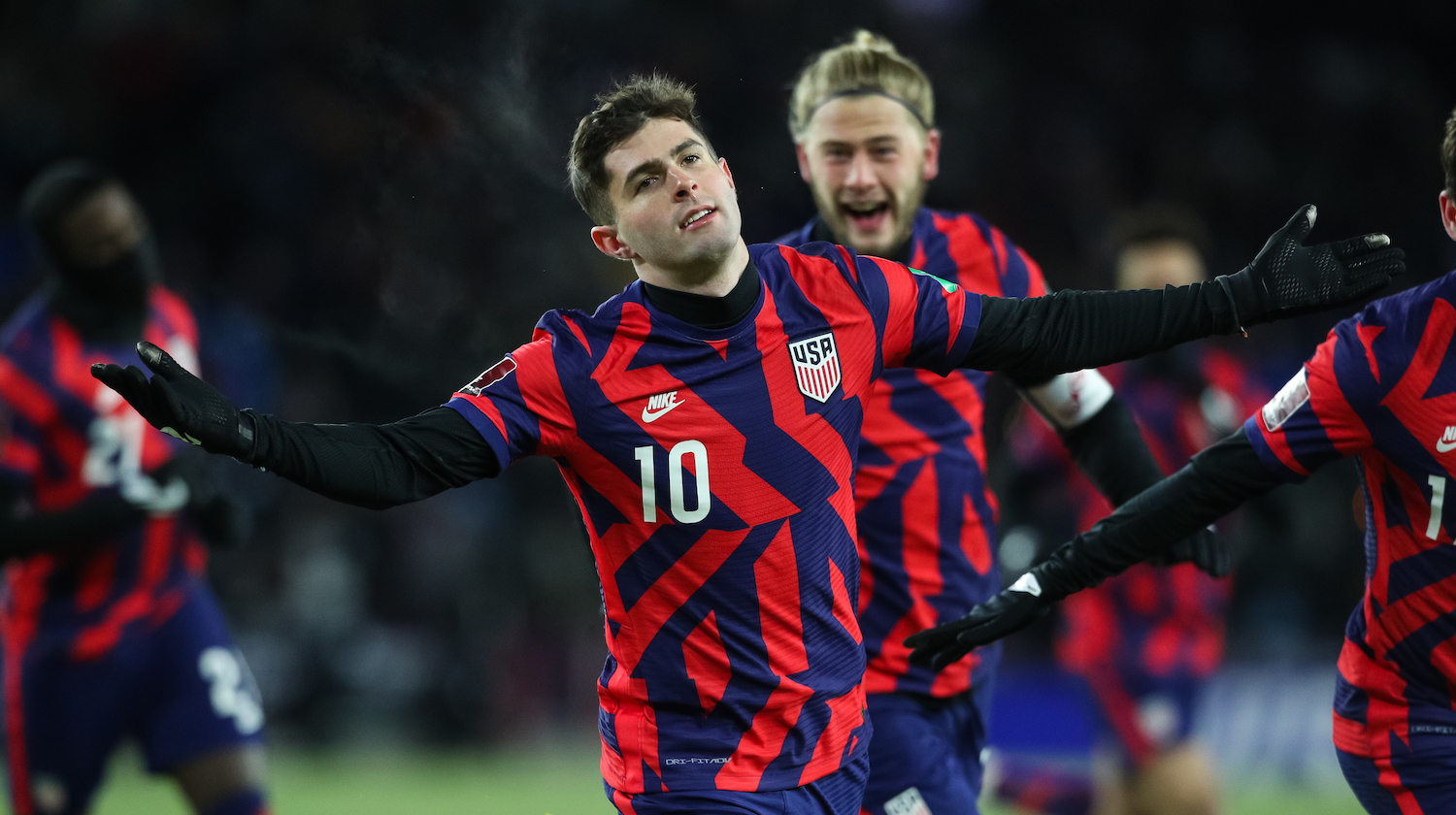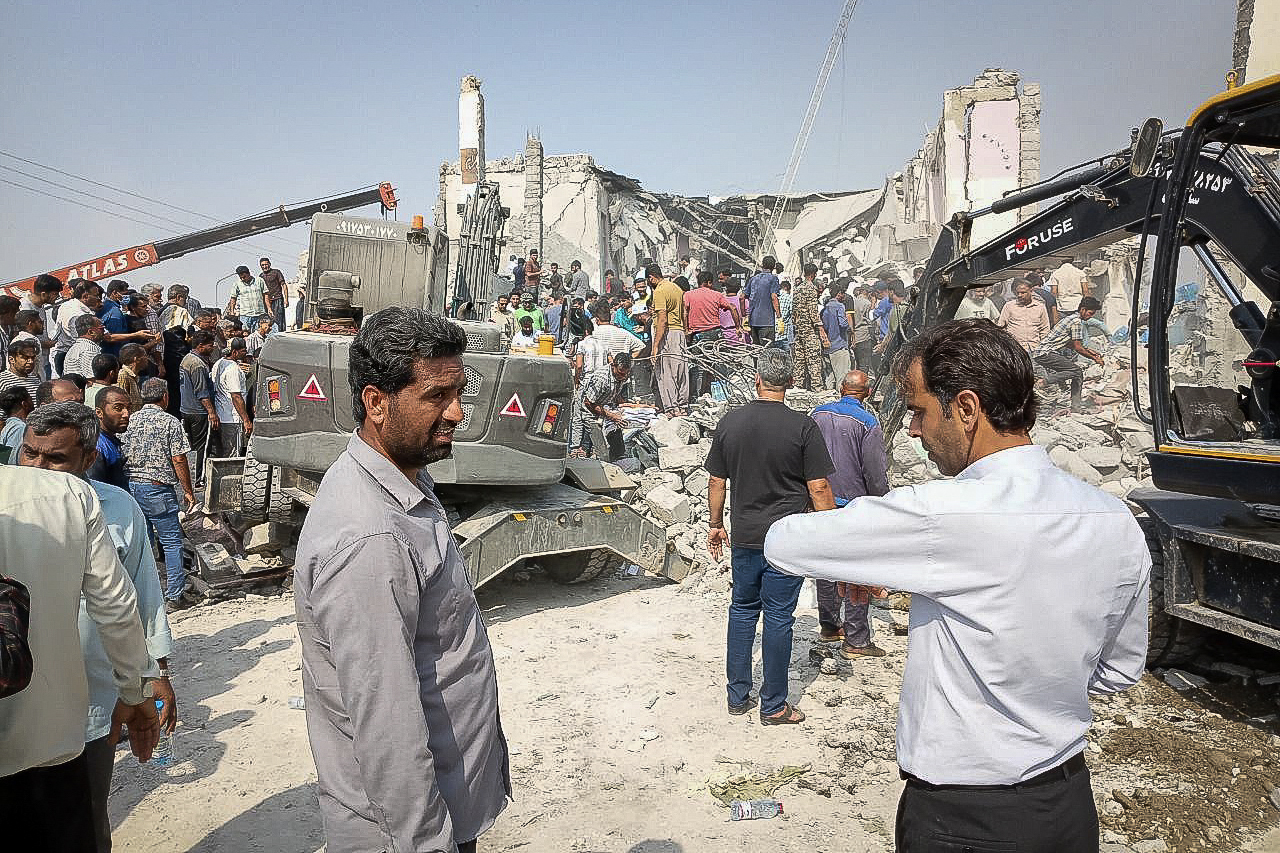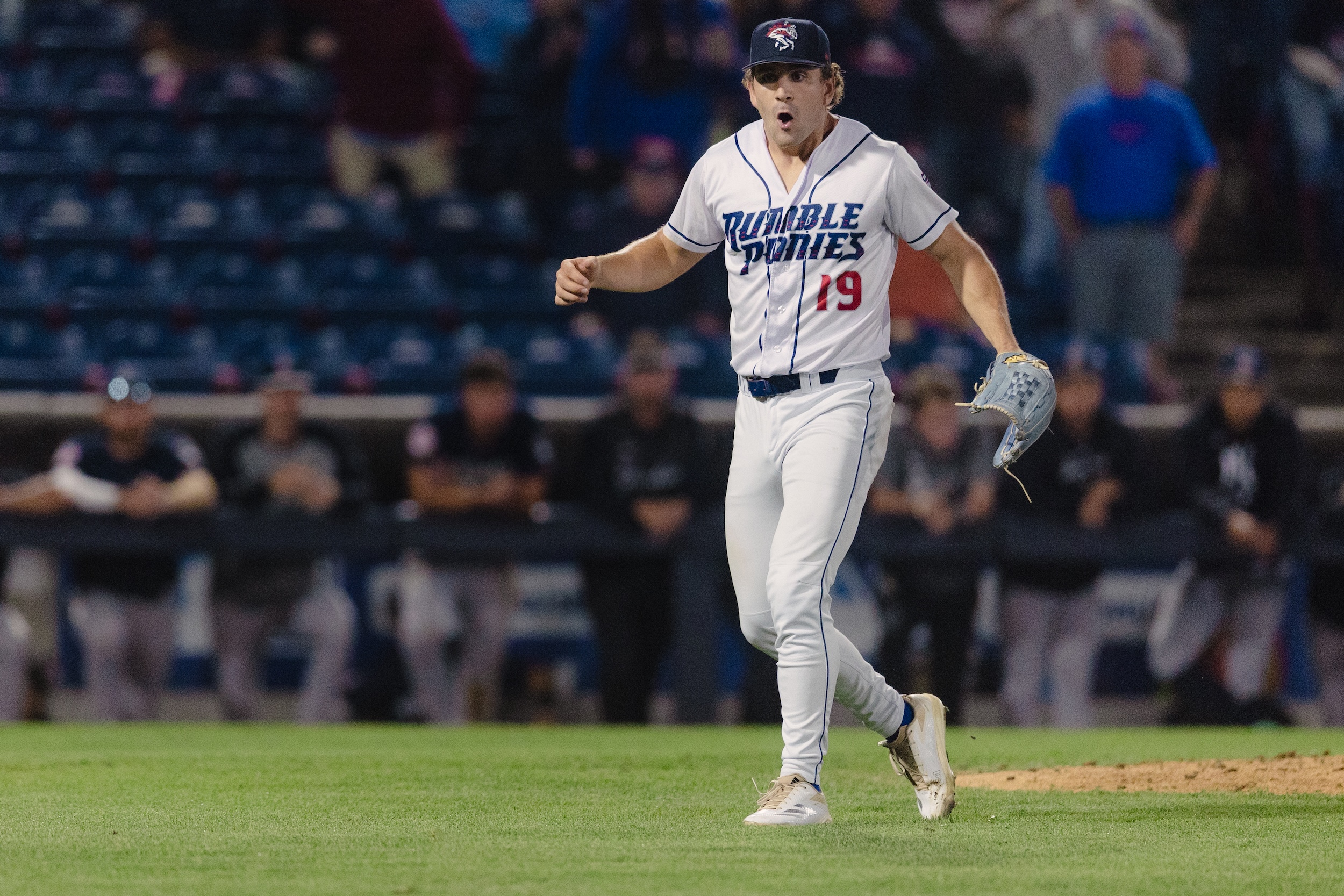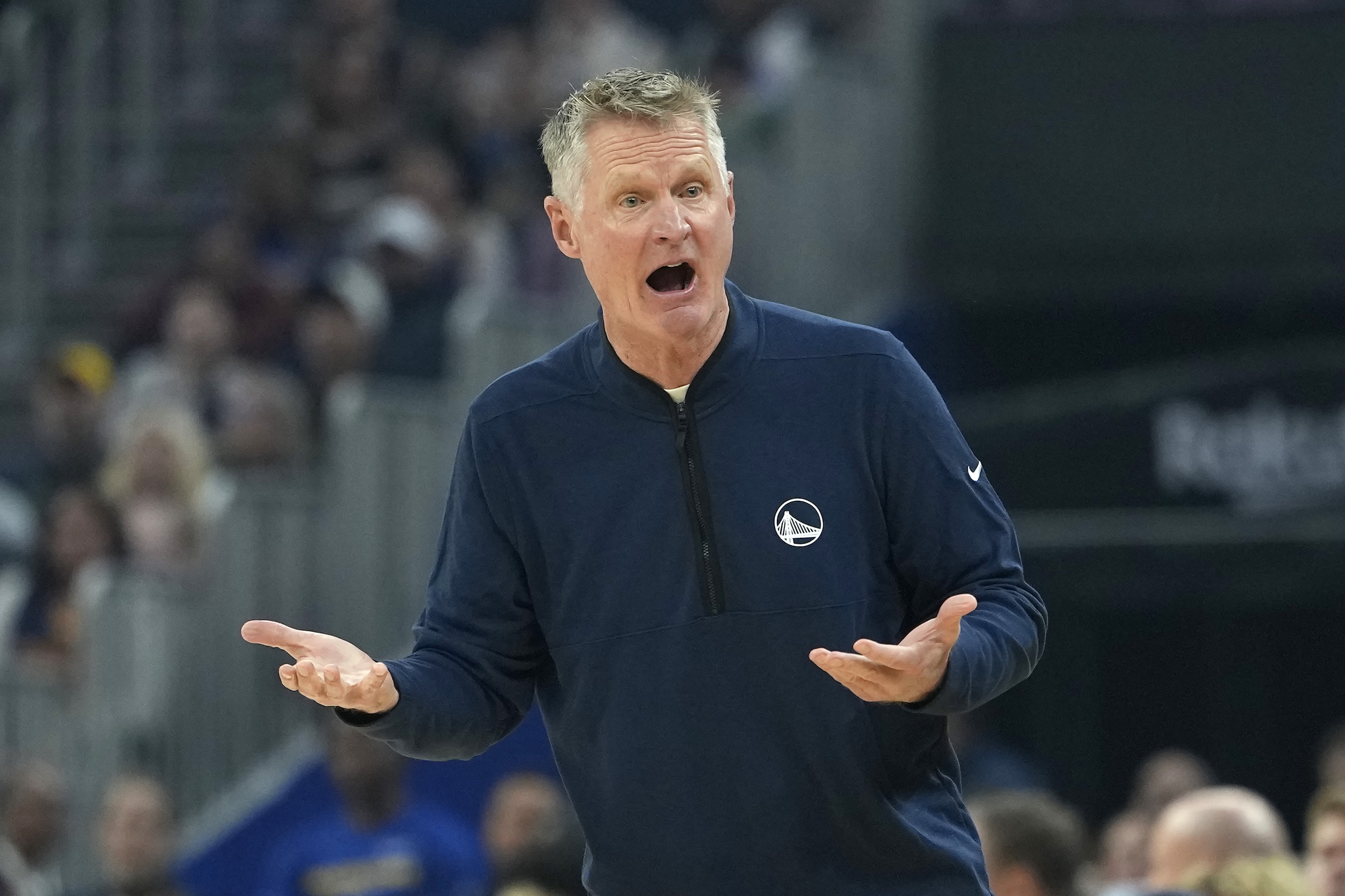Naturally, we should start with the weather. The U.S. Soccer Federation painted themselves into a corner by, for very dumb reasons, scheduling Wednesday's World Cup qualifier against Honduras in Arctic conditions. As predicted, the two-degree night and attendant minus-14 wind chill neutralized all 22 players on the field. This led to an exhausting game of attrition that effectively nullified any chance of Honduras scoring a goal before the game even started.
U.S. keeper Matt Turner, whose net needed no real minding all night, had to resort to running around near his goal in order to keep the blood flowing; most U.S. players who took the field complained about the weather; two Honduran players were subbed off at halftime with symptoms of hypothermia; the playing surface had all the spring and bounce one would expect of permafrost. It was an unnecessarily ugly game, earning bitter complaints from the Hondurans and a token defense from coach Gregg Berhalter, one that didn't provide an adequate answer to the question of why he felt it necessary to risk frostbite and his players' hamstrings for three points against the worst team left in CONCACAF qualifying.
U.S. Soccer should be embarrassed for scheduling this game in such inhospitable conditions, even though they achieved their goal, brute force or not. The United States cruised to a 3–0 win that was the easiest of the entire qualifying cycle. They would have probably rolled Honduras in any conditions, seeing as Los Catrachos had already been mathematically eliminated from qualification and the U.S. was out for blood after getting pantsed in Canada. The strongest argument against turning everyone into ice cubes for three points is that the U.S., replete with Juventus, Barcelona, and Chelsea players, has turned the corner talent-wise, and does not need to regress to analog tactics like leveraging the frozen north's horrid winter weather to defeat CONCACAF minnows like Honduras, whose captain is 38 and without a club team. Why operate like it's 2016 and your team sucks when you can just go play normal soccer and enjoy a huge advantage?
Embarrassing as the circumstances of the game were, the USMNT's performance was dominant. They maintained 73 percent of the possession, a 16–2 advantage in shots, and were never ever troubled by even the whisper of a hint of a suggestion of a Honduran attack. After 10 qualification games defined by the un-American trait of failing to score on set pieces and the rather American trait of not scoring in the first half, the U.S. reversed both trends on Wednesday. Weston McKennie bonked in a perfect Kellyn Acosta delivery from the right side in the eighth minute, then Walker Zimmerman cleaned up a scramble off another great Acosta ball in the 37th. The result was in the bag after the first goal, though the team kept the gas pedal pressed down the entire 90 minutes—there was no second-half stoppage time, as everyone was ready to get out of there with all their toes intact—and Christian Pulisic finally got back on the score sheet. His goal too was delivered by Acosta, who showed that when he isn't under opposing pressure, he's pretty good at kicking the ball far and accurately.
The USMNT did what was expected, and while Honduras is not a good team, we still learned a few things. Zimmerman and Miles Robinson are enjoying quite the partnership in the back, Antonee Robinson remains a killer, Berhalter's positional system is reliably great at neutralizing counterattacks before they start, and Luca de la Torre is legit. The midfielder from San Diego earned his first Octagonal start in the Yunus Musah role and showed his quality all night. De la Torre has been in the national team mix for four years now, though Wednesday was his first real test. Statistics show he is one of the best ball-carrying midfielders in the Eredivisie, and he put forth a Musah-esque performance: he advanced the U.S. from defense to attack quickly, won the ball back against multiple attackers, and created a few venomous moves around the box. Musah is still the man, but de la Torre may have earned a ticket to Qatar with his play on Wednesday. The only other highlight we should mention here is Berhalter's 81st minute photo-op with some fans.
Speaking of Qatar, our qualification for the tournament there is more a matter of when than if, ghosts of 2017 be damned. The U.S. is in a better position to get to the World Cup than they were at this point in the process four years ago. With three games to play, they are four points clear of Panama in the qualification-playoff fourth spot, and five clear of Costa Rica's fifth-place cutoff spot. Costa Rica and Panama still have to play both Canada and the U.S. before it's all over, and the U.S. will almost certainly qualify with just a single win from its next three games. Mexico at the Azteca will be a hard ask, so Panama at home on March 27 looms as the potential deal-sealer.
Nothing is certain, as the horrors of 2017 made clear, but the major difference this time around is that the team is, like, actually good at playing soccer. The U.S. has not dominated their way through the qualification process or anything, but I think the failures of the last cycle are coloring perception around this very different group to the point of unearned doomerism. Yes, they lost to Canada, but that was a road game they played very well in. Yes, they only beat El Salvador 1–0; they also beat El Salvador, 1–0. This is a team worth feeling confident about, even if the federation didn't have enough confidence in them not send them to Minnesota in February like dumbasses.






